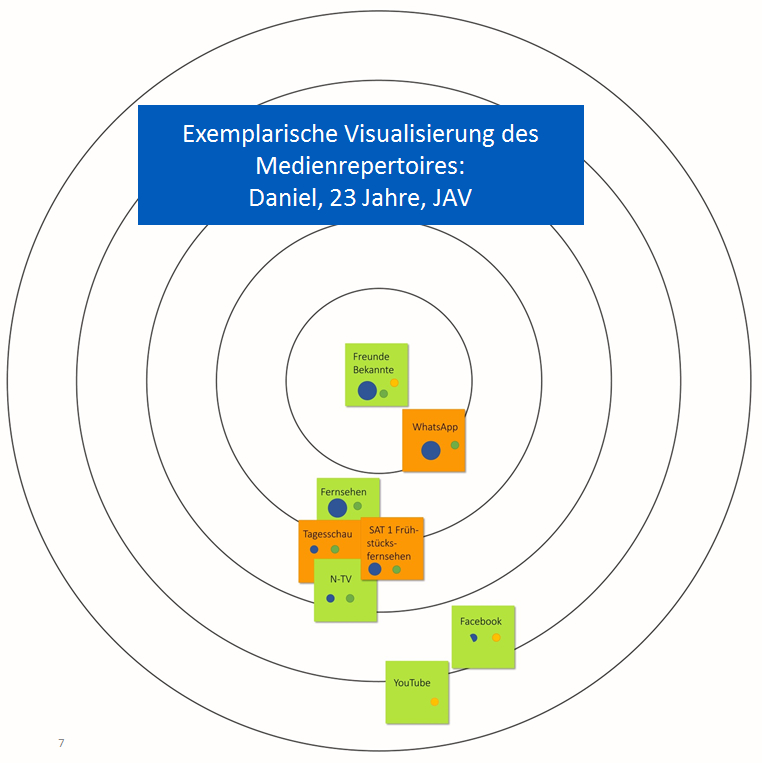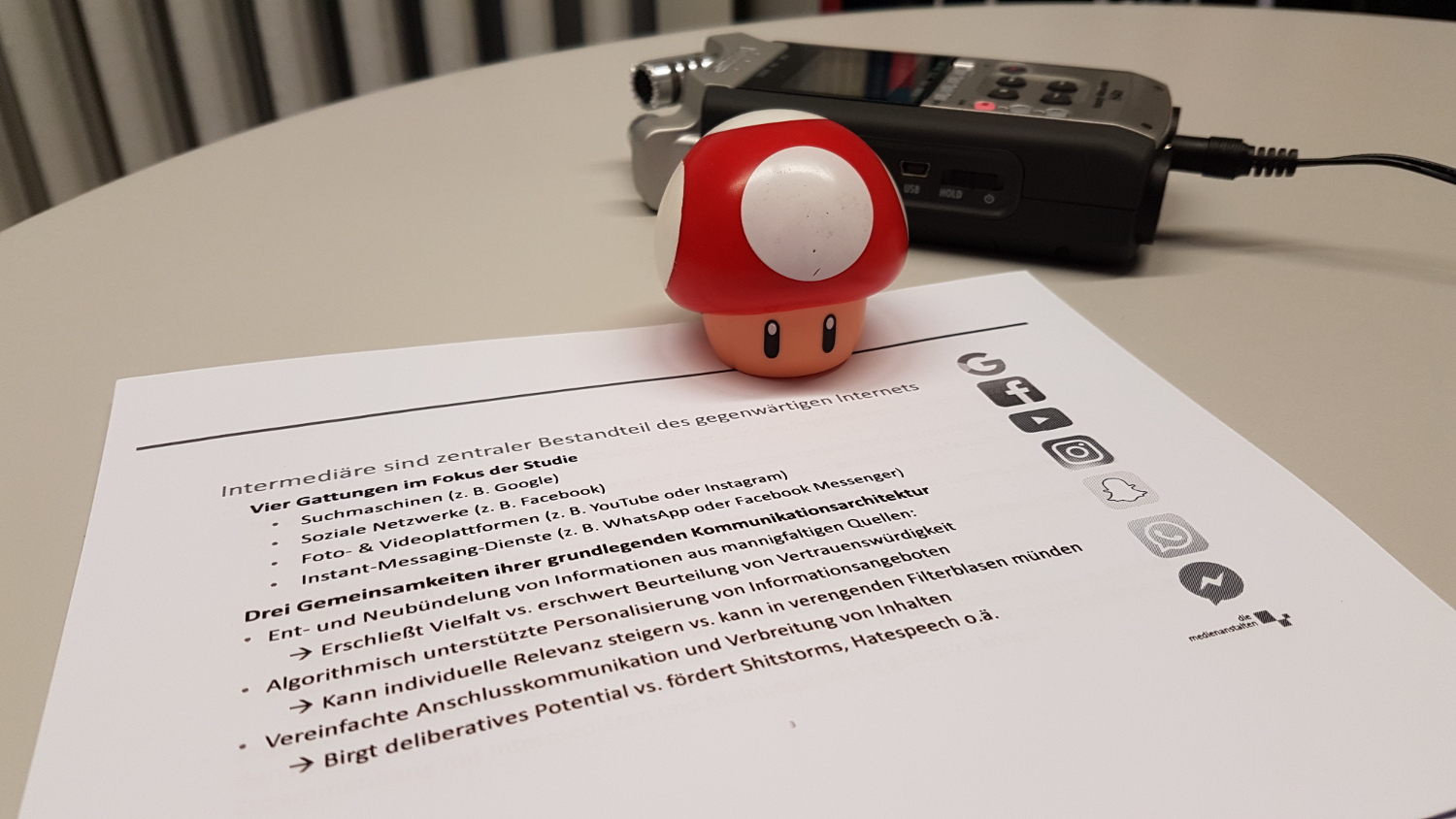- Download:
- MP3 Audio33 MB
- MPEG-4 AAC Audio25 MB
- Opus Audio11 MB
- WebVTT Captions40 KB
- WebVTT Captions40 KB
For the first time, Facebook has given scientists direct access to its internal decision-making bodies. Researchers from the Hamburg-based Leibniz Institute for Media Research | Hans-Bredow-Institut (HBI) have investigated how Facebook develops communication rules for its platform. On the BredowCast researchers Wolfgang Schulz and Matthias C. Kettemann talk about research on new territory.
Facebook’s Community Standards regulate what users can say on Facebook and what must be taken down and thereby influence the ways in which 2.7 billion users interact with one another and, to some degree, perceive the world: These rules are an example of the profound influence that private regulations can have on public communication.
In a pilot study, researchers from the Leibniz Institute for Media Research have investigated how Facebook develops its rules and which stakeholders are involved in this process. Matthias C. Kettemann, head of research of the Institute’s research program on online rule-making and a senior researcher at HBI, spent a week studying the practices of Facebook’s Product Policy Team which is responsible for developing community standards at the platform’s California headquarters. In addition, the researchers conducted extensive interviews with Facebook employees to develop a clear picture of how new speech-related norms are designed and how Facebook tries to increase their impact and legitimacy by engaging multiple stakeholders, from NGOs to academics.
“We know a lot about the emergence of laws, but very little about the development of communication platforms’ internal rules, the rules under which Facebook deletes content and suspends users,” says Dr. Kettemann. “For a long time this was a black box,” says Prof. Dr. Wolfgang Schulz, Director of HBI, “into which we are now able to shed some light”.
Key Outomes
One of the findings of the pilot project is that rule-setting processes at Facebook, on the problem of hate speech, for example, are initiated independently by employees or in response to user comments or media criticism. The main part of the norm-making process is essentially independent of national and international law, but, as the researchers were able to show, Facebook attempts to recreate the legitimacy-producing effect of clear procedures, broad consultation, and stakeholder engagement. The same is true for national law-making: the more open and engaging the process of passing a law is, the greater its legitimacy.
In the BredowCast interview with Johanna Sebauer, the two researchers explain how the research project came about, what the everyday life of a field researcher looks like at Facebook and why researching private norms is important.
Both media law experts emphasize: “Given the impact that private regulatory approaches have on the spheres of communicative freedom of individuals and the social cohesion of society, we need to better understand how these normative processes function. Our research lays the foundations to develop this understanding”.
Links
Complete Study
Facebook Product Policy Changes
Prof. Dr. Wolfgang Schulz
PD Dr. Matthias Kettemann, LL.M (Harvard)
- About
- On Twitter – @MCKettemann
Johanna Sebauer
- About
- On Twitter – @JohannaSebauer
Leibniz Institute for Media Research | Hans-Bredow-Institut
- HBI Website
- On Twitter – @BredowInstitut
- Email the Podcast Team


